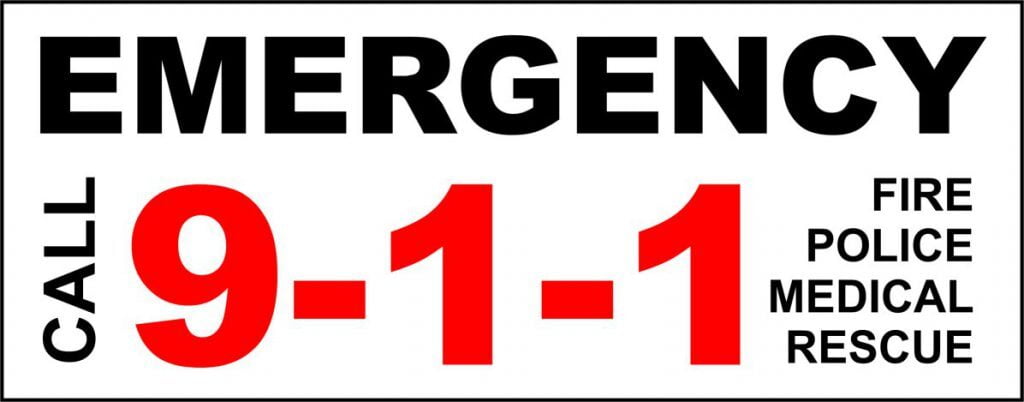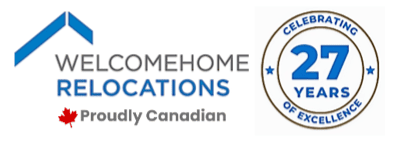All About Mississauga
The City of Mississauga is located on the shores of Lake Ontario on the Western border of the City of Toronto. Formed in 1974, Mississauga is recognized as Canada’s 6th largest and fastest growing major city with a population of approximately 717,961 (2021 census).
Local Government
The City of Mississauga Council consists of a Mayor and 11 Members of Council, each representing each of the wards.
Canada’s Gateway
The City of Mississauga is home to Lester B. Pearson International Airport and has the greatest concentration of major highways in the country. It is well position to serve local, national and international markets and travelers.
The City has an excellent public transit system, linking it to Toronto and other neighbouring cities, providing residents with an extensive network of bus, subway and commuter train routes.
Climate
Mississauga’s climate is considered moderate. The summer months can bring high temperatures sometimes accompanied by high humidity levels. The average temperature in July and August is 20 °C (70 °F) but the temperature can soar to 30 °C (86 °F) and above. A high humidity level can make the temperature appear even warmer still. Winters in Mississauga can be cold, with temperatures most often below the freezing mark. The average temperature in January and February is -6 °C (21 °F). Colder periods with temperatures as low as -15 °C (-4 °F) in these months are not uncommon.
For up to date weather conditions, please click here.


Emergency Services
Call 911 if you require fire, police, or an ambulance!
Healthlink 811
Phone: 811 or visit: Website
Health 811 is a free, confidential telephone service you can call to get health advice or general health information from a Registered Nurse 24 hours a day 7 days per week. Newly added is an online chat feature. This is a qualified health professional, who can assess your symptoms and help you decide your best first step. They can help you decide whether to care for yourself, make an appointment with your doctor, go to a clinic, contact a community service or go to a hospital emergency room. They have also introduced a new online chat option.
City of Mississauga
City of Mississauga
Weather
Hospitals
and Clinics
Transportation
Garbage & Recycling
Garbage & Recycling
Newcomers
to
Mississauga
Visit
Mississauga
Utilities
To download information on utility providers in Mississauga, please click here. (PDF)
Click here for information regarding Recreation & Sports in Mississauga.

